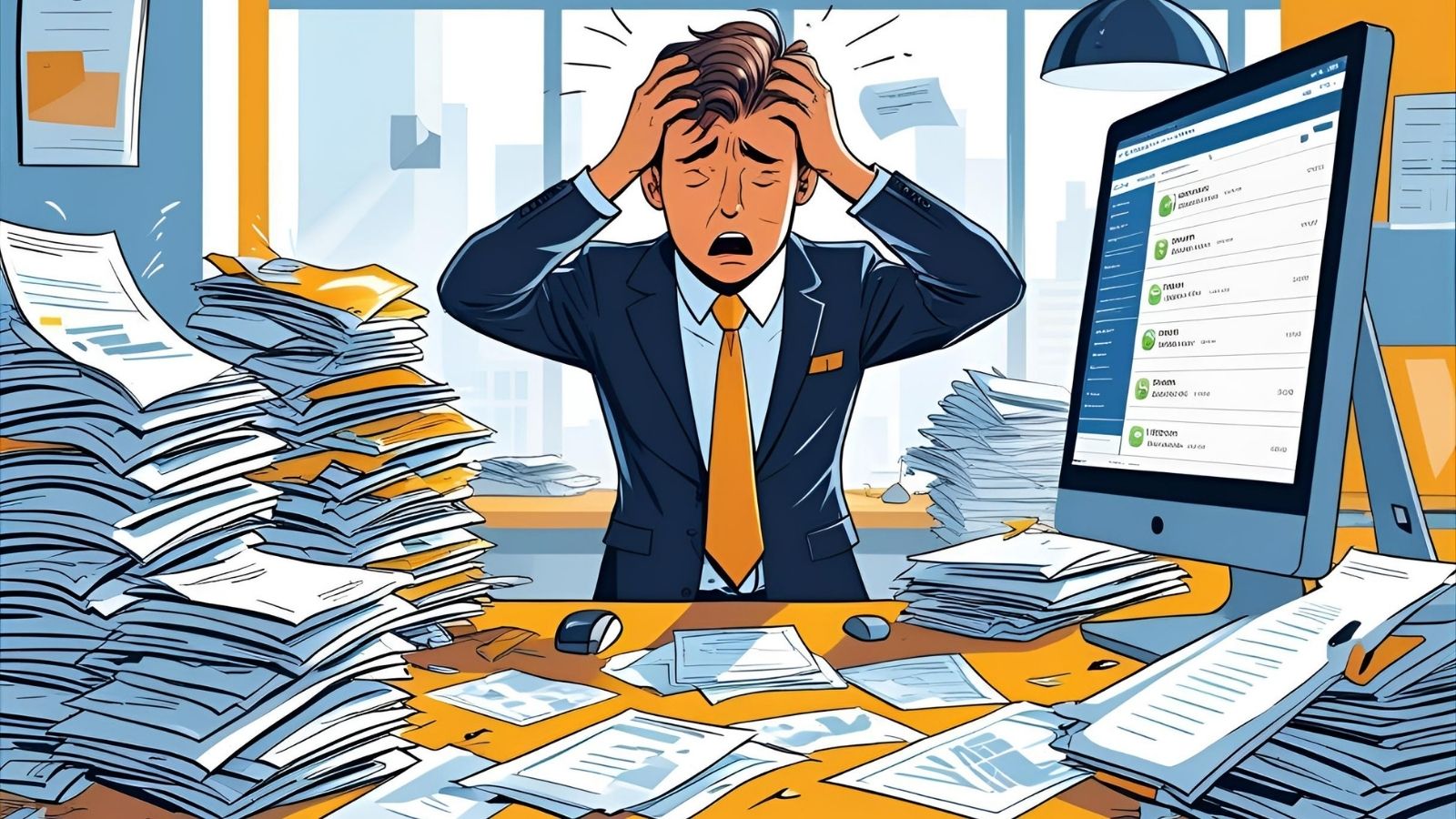Let’s be honest: the term “life coach” can get a mixed reaction. You might picture anything from a high-powered executive mentor to someone with a flashy Instagram account offering vague advice. With the industry growing into a multi-billion dollar field, it’s a career path full of both incredible opportunity and confusing information.
So what’s the real story? Can you actually build a meaningful career helping people achieve their goals? And what’s the deal with getting “certified”?
Let’s clear things up, starting with the most important distinction: a therapist helps you heal your past; a coach helps you design and build your future. If you’re passionate about the second part, here’s what you need to know.
Do I Really Need to Get Certified?
Technically, no. The life coaching industry is largely unregulated, meaning anyone can call themselves a coach.
But should you get certified? Absolutely, yes.
Think of it this way: you could hire a personal trainer who just likes working out, or you could hire one who is certified and understands anatomy, safety, and program design. Which one would you trust with your well-being?
Certification is your mark of professionalism. It tells clients:
- You’ve been professionally trained in proven coaching methods.
- You follow a strict code of ethics.
- You are committed to your craft and their success.
Not All Certifications Are Created Equal: Finding a Legit Program
A quick search for “life coach certification” will unleash a flood of results. It’s crucial to know what to look for to avoid diploma mills.
The Gold Standard: The most respected and globally recognized name in coaching is the International Coach Federation (ICF). An ICF-accredited program is the gold standard. The ICF has different levels of credentials for individual coaches (like ACC, PCC, and MCC) that signal experience and expertise.
When you’re evaluating any program, ask these questions:
- Is it ICF-accredited? This is the single best indicator of a high-quality program.
- Does it include live practice? You can’t learn to coach just by reading books. You need real-time practice and feedback from experienced mentors.
- What do graduates say? Look for real testimonials and reviews. Do their graduates feel confident and prepared to coach?
What You’ll Actually Learn (Hint: It’s Not ‘Giving Advice’)
The biggest myth about life coaching is that your job is to give people advice. It’s not. A great coach knows that their job isn’t to provide the answers, but to ask powerful questions that help clients find their own answers.
In a good certification program, you’ll master core skills like:
- Active Listening: Hearing what your client isn’t saying, just as much as what they are.
- Powerful Questioning: Asking open-ended questions that spark insight and challenge limiting beliefs.
- Building Trust and Rapport: Creating a safe, non-judgmental space where clients feel comfortable being vulnerable.
- Goal Setting & Accountability: Helping clients create a clear, actionable roadmap and then holding them accountable for following it.
Okay, I’m Certified. Now What?
Once you have your credential, you can build a career in several ways:
- Start Your Own Private Practice: This is the most common path. You can work with individual clients, run group coaching programs, or host workshops.
- Coach Inside a Company: Businesses are hiring coaches to work with their employees on leadership development, performance, and career growth. This is often called “executive coaching.”
- Find Your Niche: The most successful coaches don’t try to help everyone. They specialize. You could become a career coach for tech professionals, a wellness coach for new moms, or a relationship coach for couples. A niche makes you the go-to expert.
Becoming a certified coach is more than just getting a credential; it’s a commitment to a high standard of excellence. It’s an investment in yourself and in the future clients you’ll serve. If you’re truly passionate about helping others unlock their potential and build a life they love, it might just be the most fulfilling path you can take.















